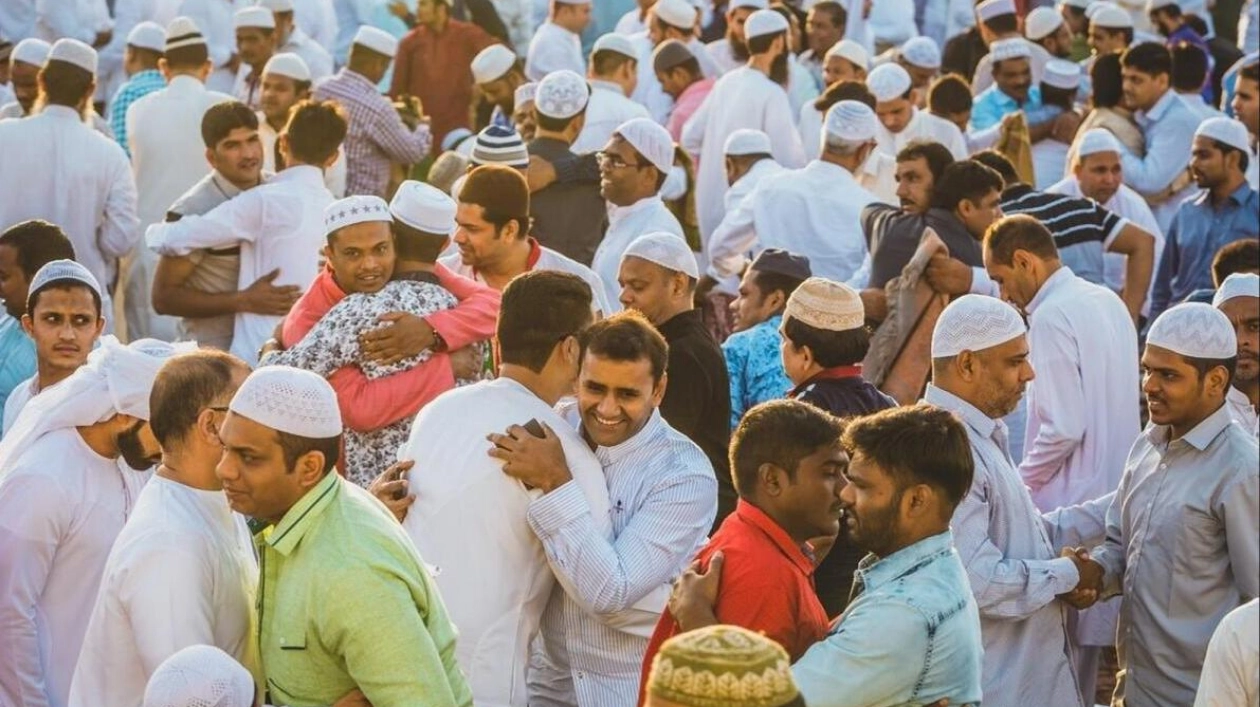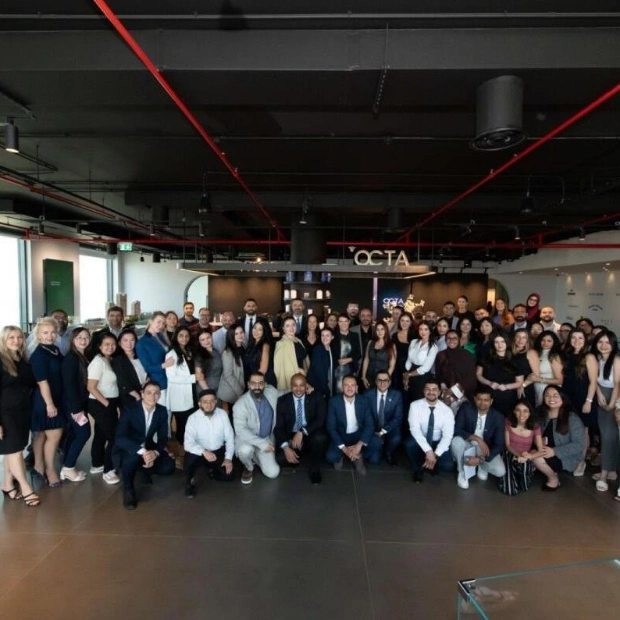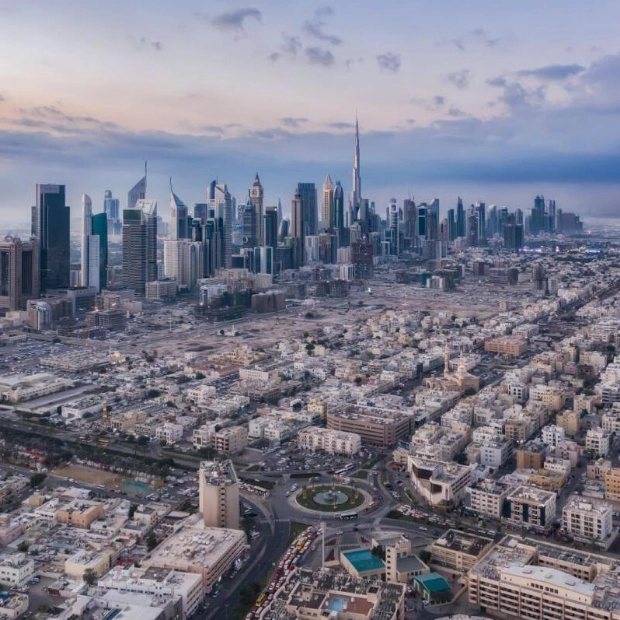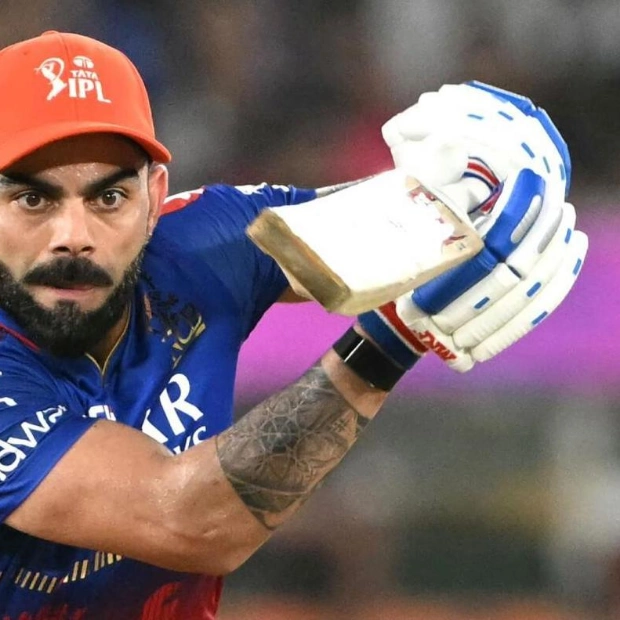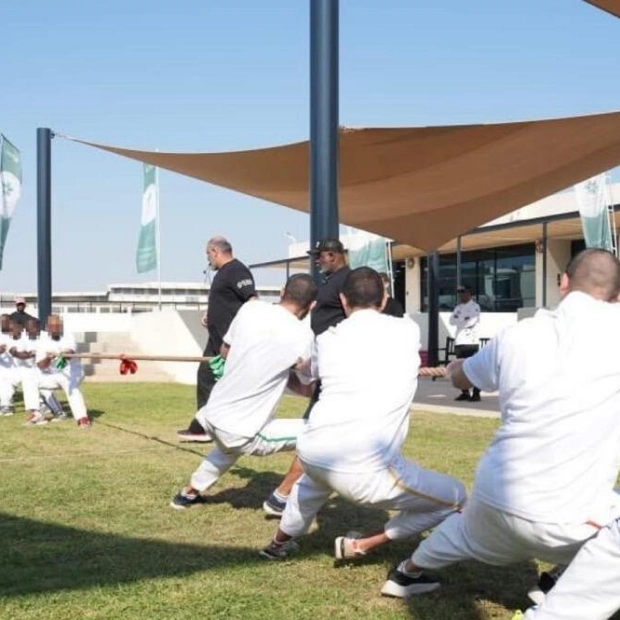In addition to providing a four-day weekend in the UAE, the Islamic festival of Eid Al Adha holds profound spiritual significance for Muslims. This celebration occurs one day after the most sacred day in Islam, known as the Day of Arafah, and involves friends and family gathering for a day filled with prayer, joy, and feasting. This year, both private and public sector employees will enjoy four paid holidays to commemorate the event, from Saturday, June 15, through Tuesday, June 18. Eid Al Adha is celebrated on the 10th day of the Islamic month Dhul Hijjah, which this year falls on Sunday, June 16. On this day, Muslims don their finest attire and head to mosques and open areas called musallahs shortly after sunrise to participate in special prayers. These venues quickly fill with multitudes of men, women, children, and the elderly. Prayer areas generally open with the Fajr (morning) prayer, and the sound of Eid takbir (chants) echoes from mosques until the commencement of the special prayer. Below are the prayer timings in Abu Dhabi, Dubai, and Sharjah, sourced from various authorities:
>> Abu Dhabi
Abu Dhabi city: 5.50am
Al Ain: 5.44am
(As per the interactive e-calendar released by the Sheikh Zayed Grand Mosque Centre)
>> Dubai: 5.45am
(According to the Hijri calendar issued by the Islamic Affairs and Charitable Activities Department in Dubai)
>> Sharjah: 5.44am
(As per the Hijri calendar provided by the Sharjah Islamic Affairs Department)
The Eid prayer is a communal event and involves two units (raka’ah). During the first unit, the imam leads the congregation in several takbirs prior to reciting the surah Fatiha and another chapter from the Holy Quran. The second unit also includes multiple takbirs. Following the prayer, the imam delivers a two-part sermon. It is customary for Muslims to listen to the sermon and then embrace their loved ones, wishing them Eid Mubarak, before proceeding with the day’s festivities.
